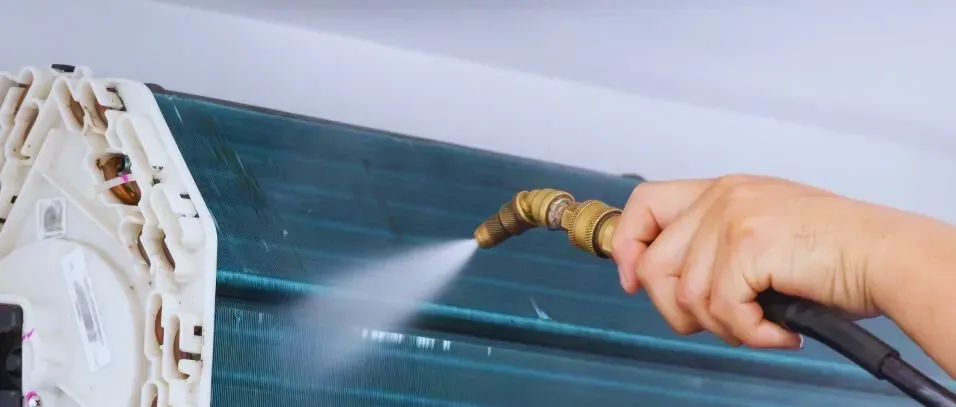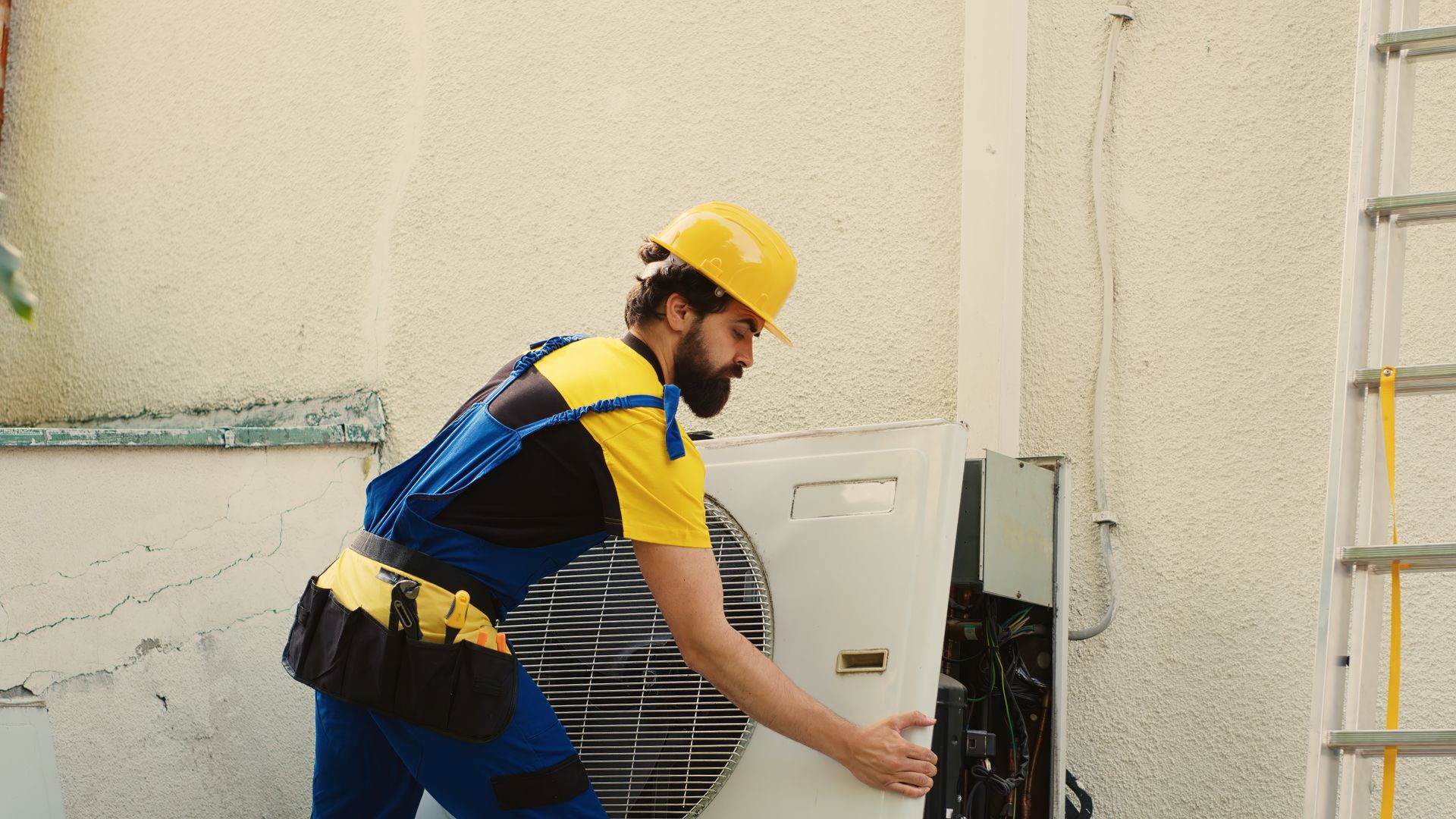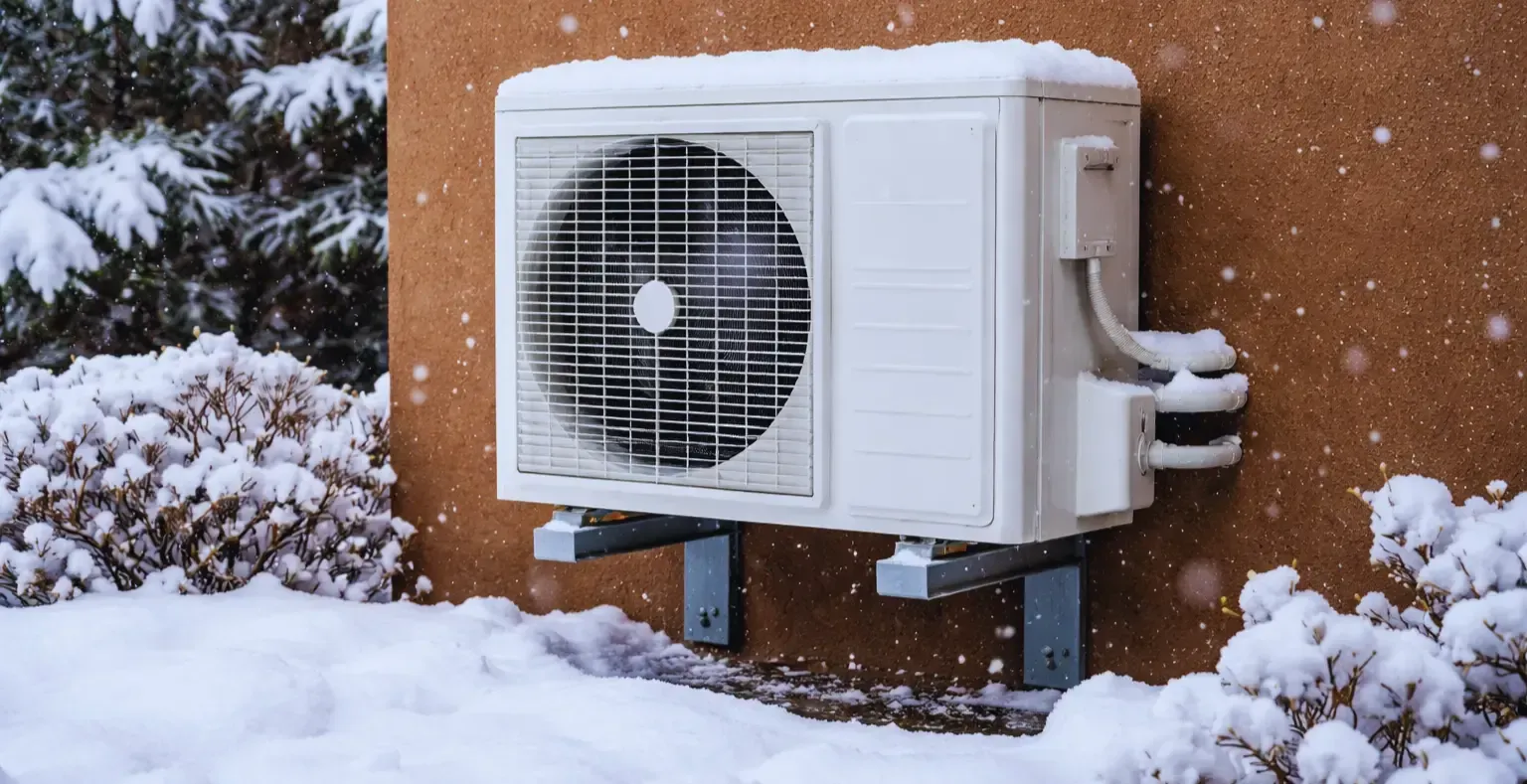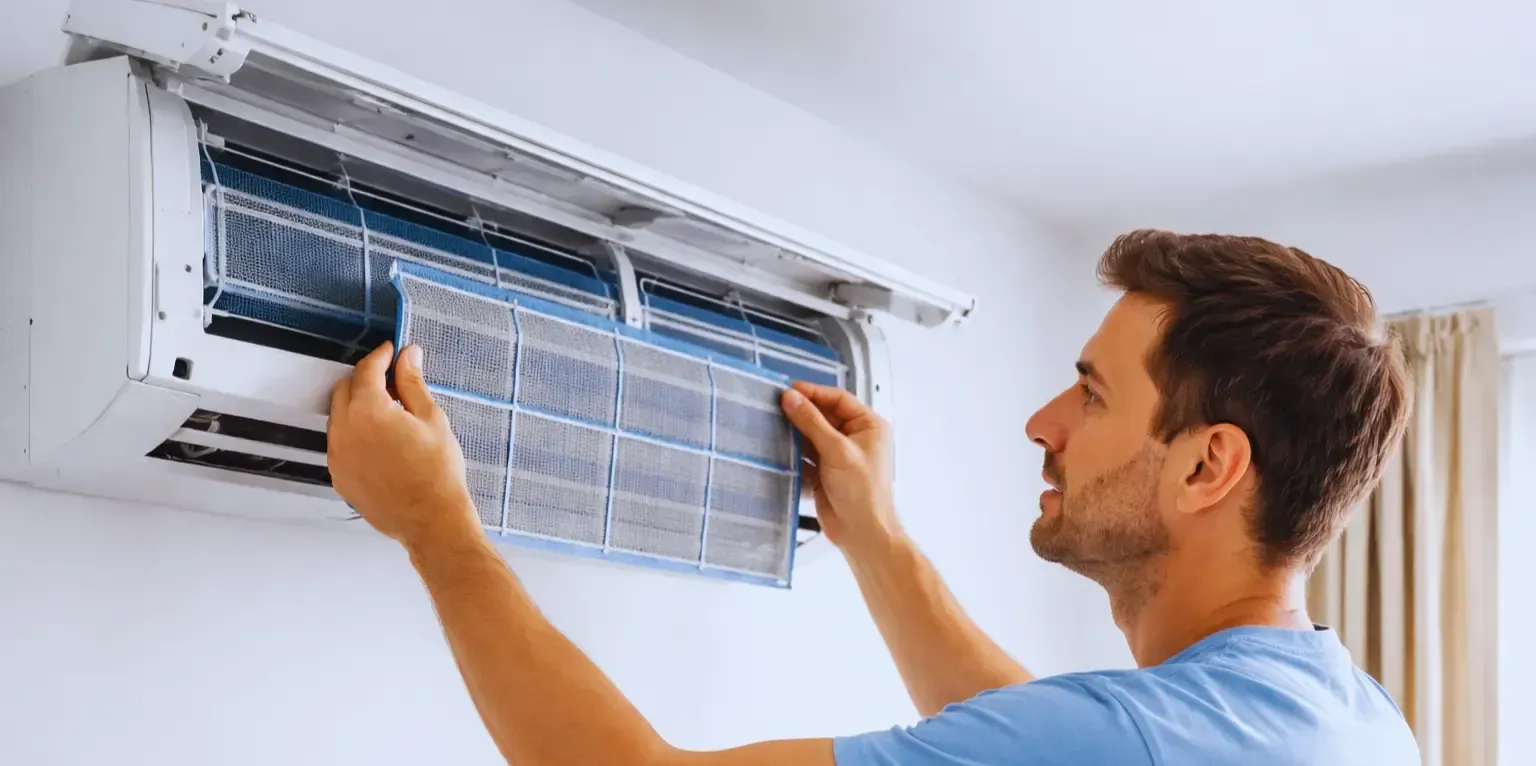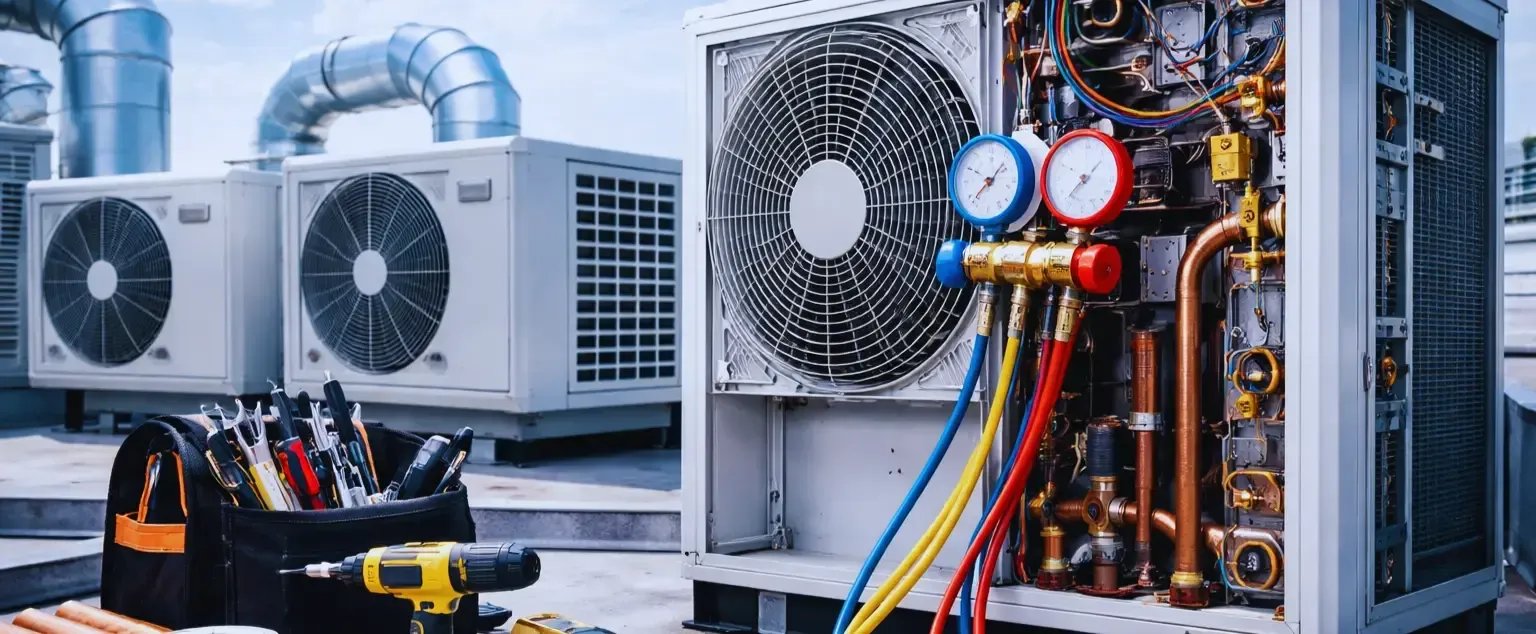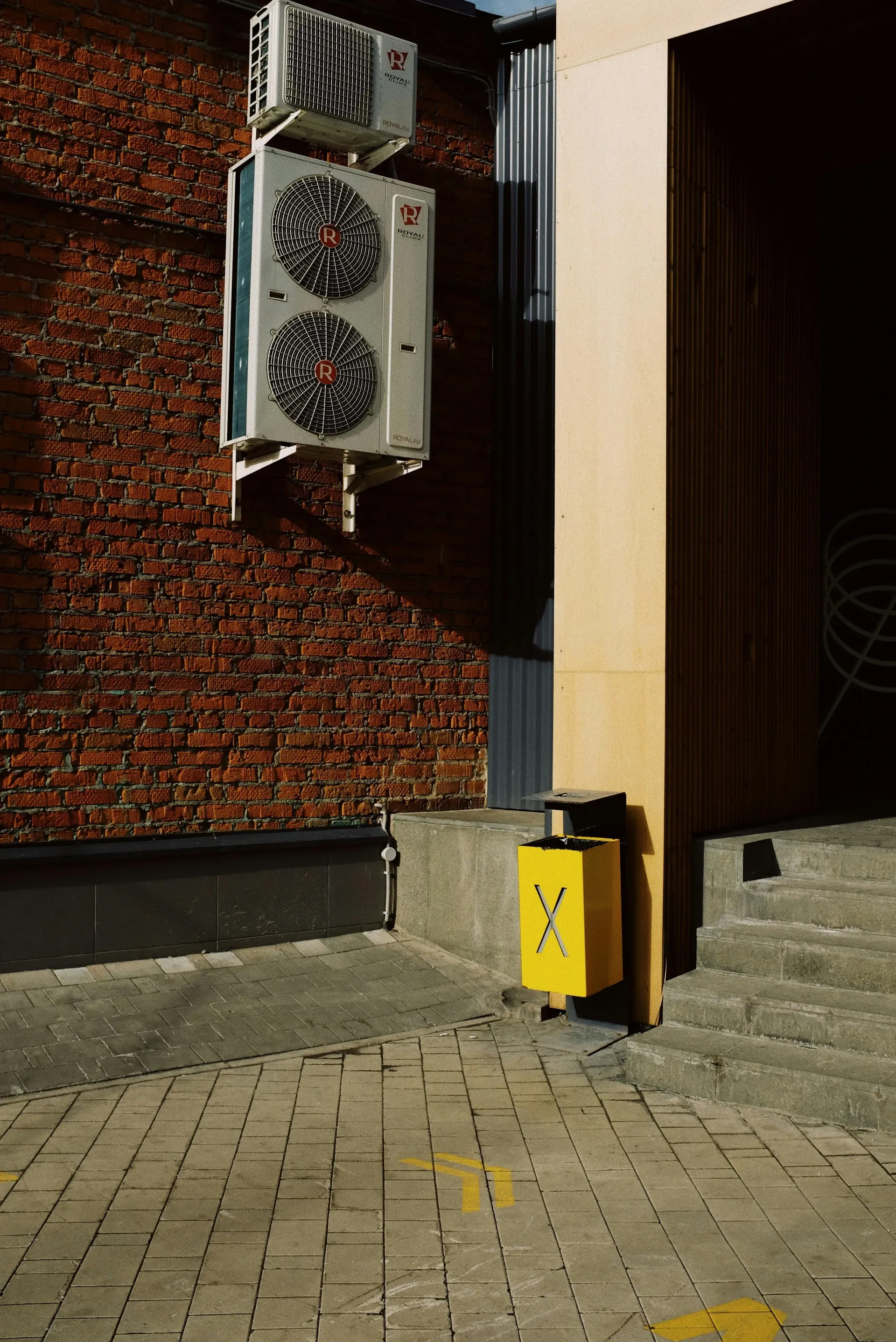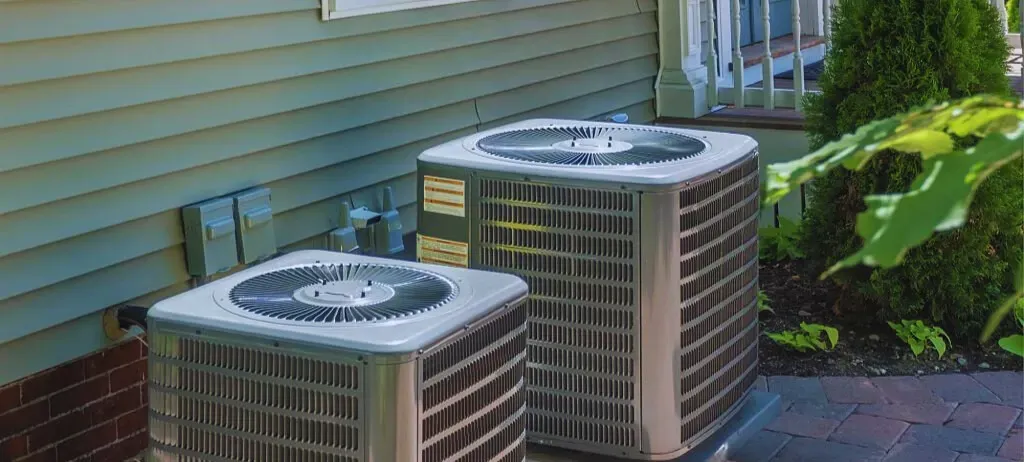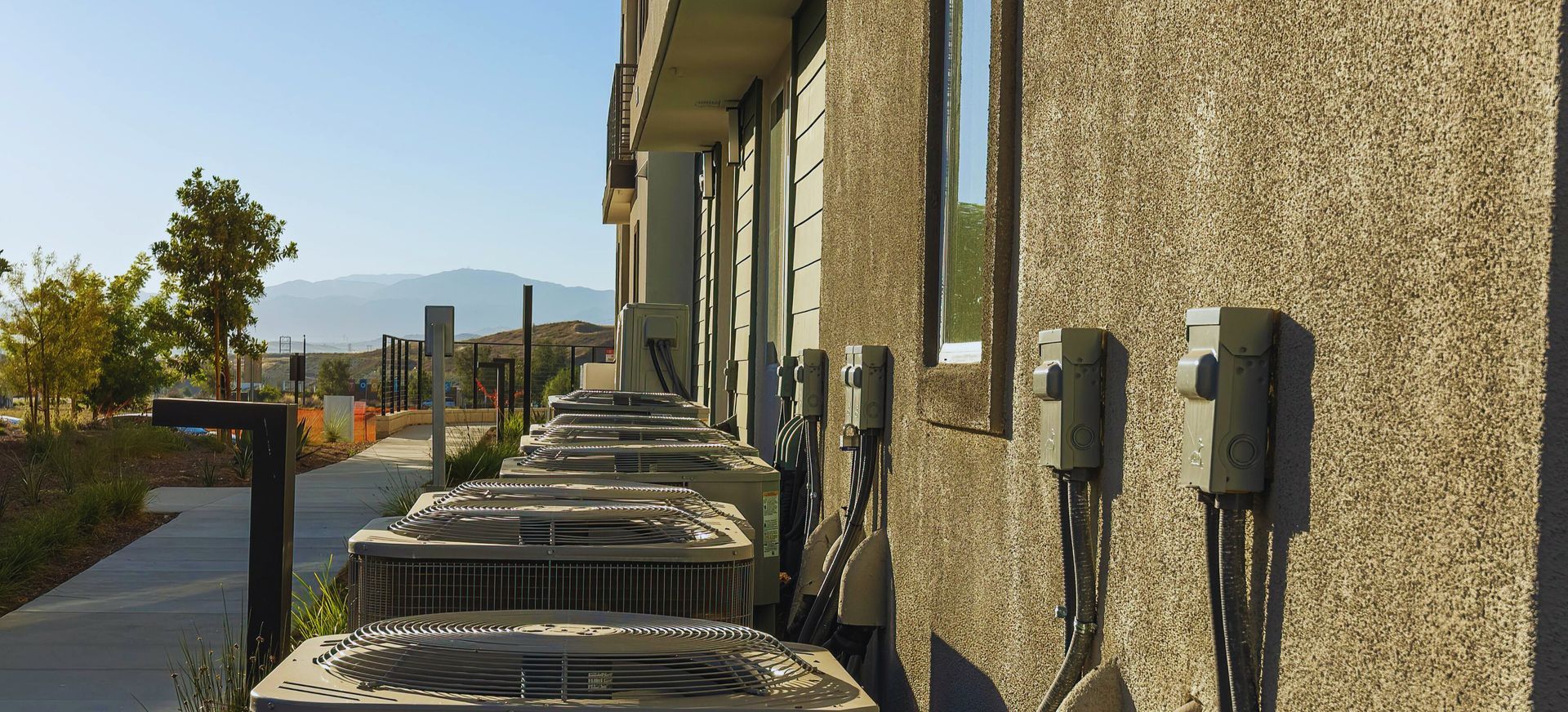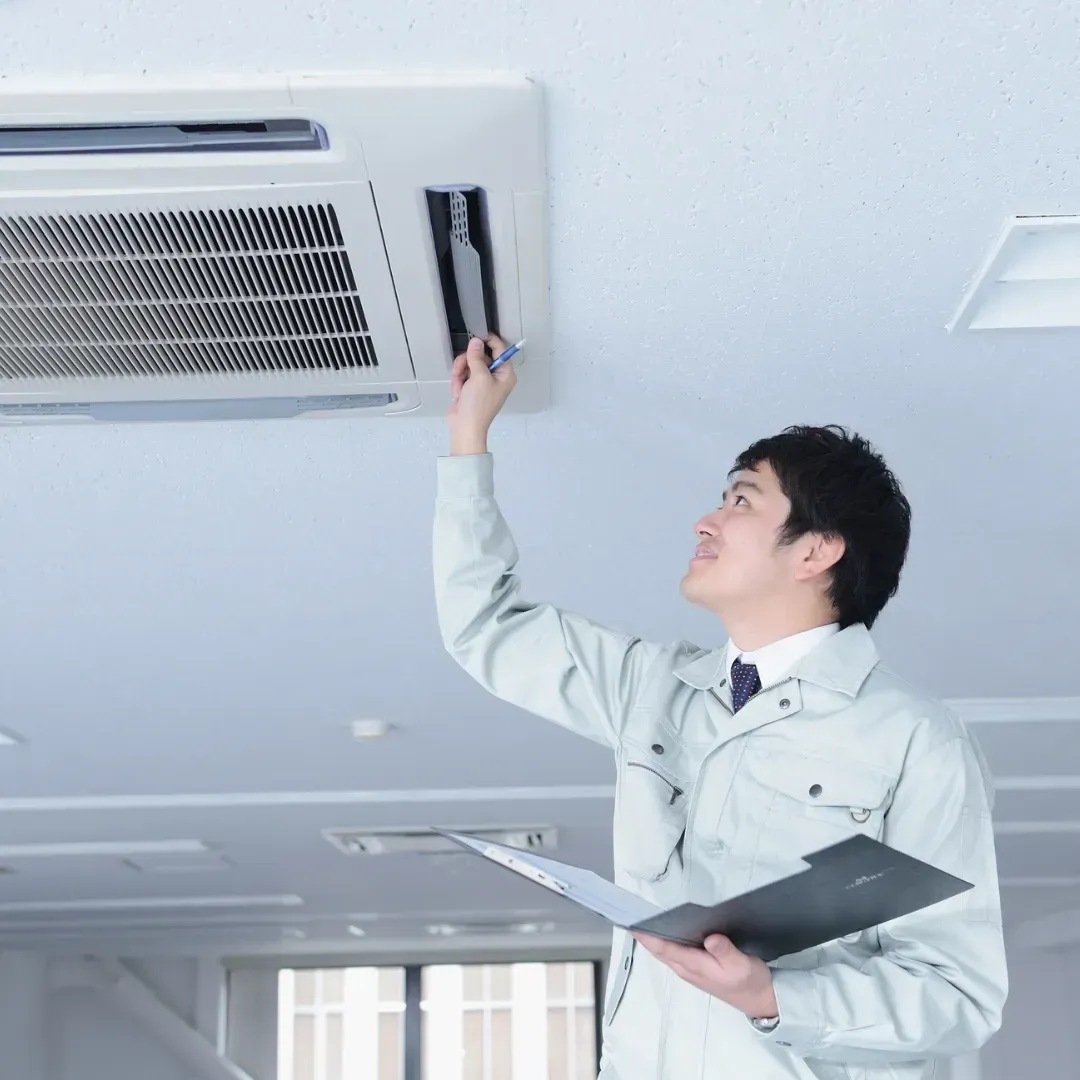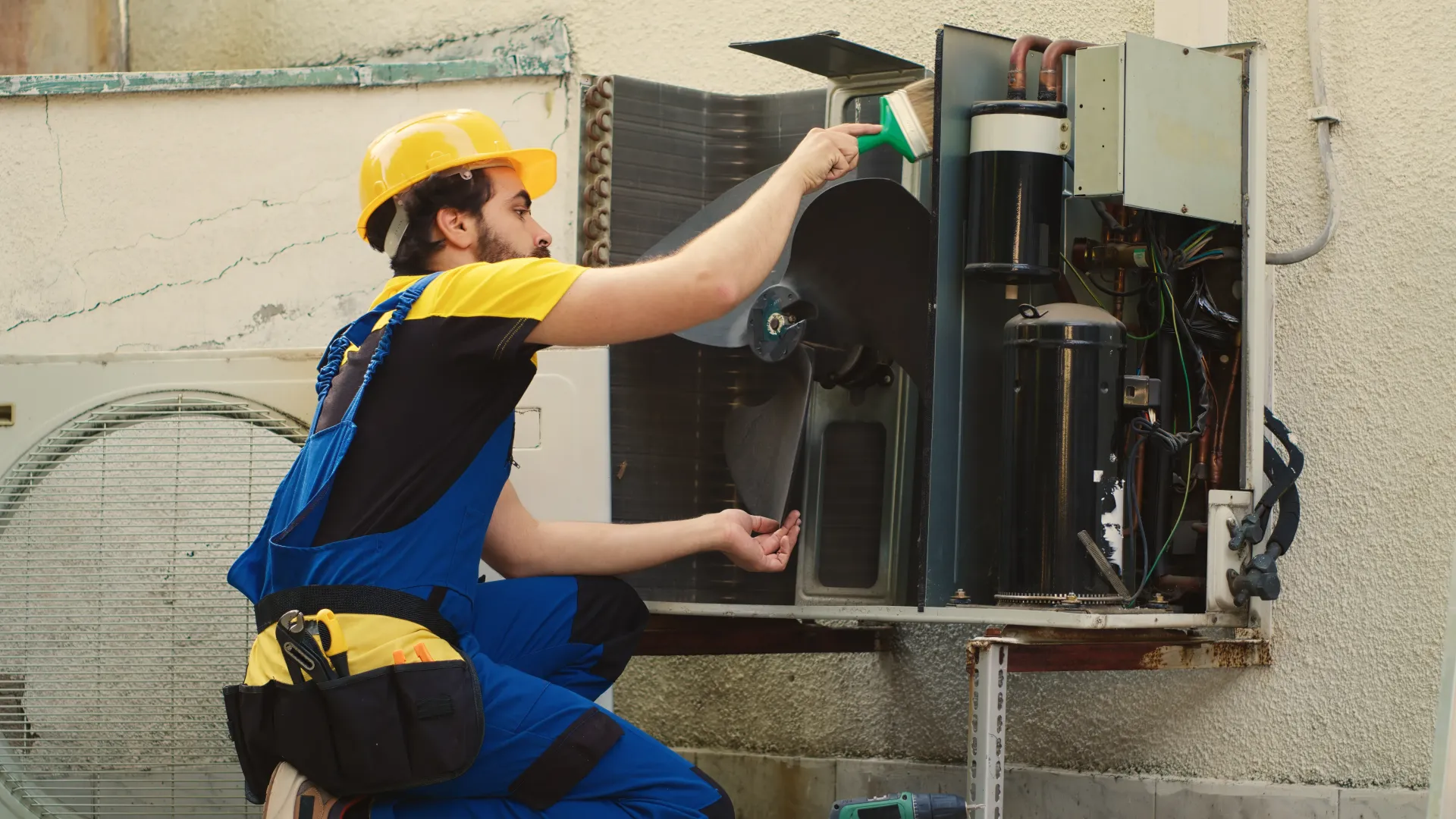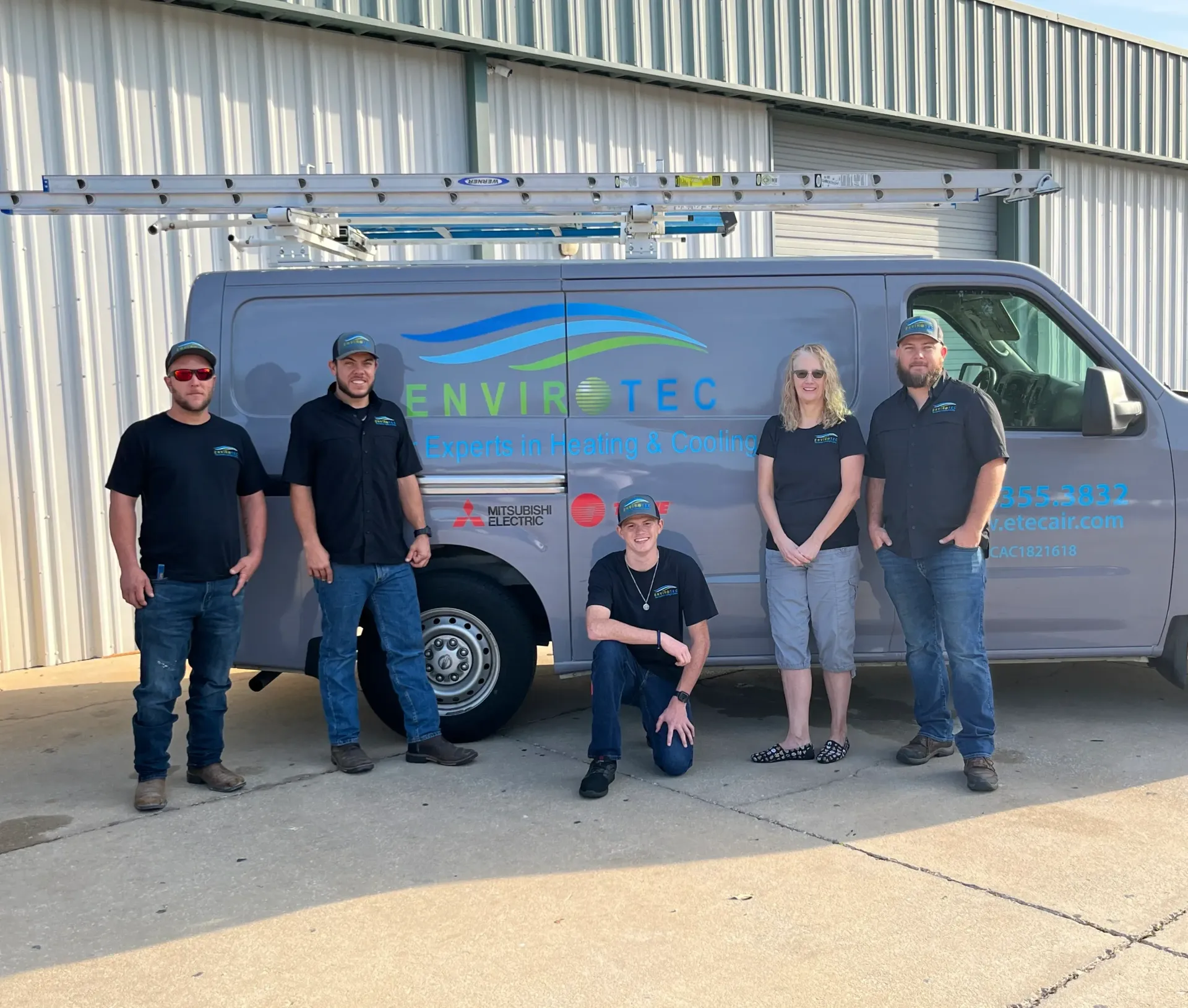Maximize Your HVAC System’s Efficiency and Lifespan
When it comes to home comfort and utility costs, your HVAC system is the unsung hero — or culprit. Whether you're sweltering in summer or freezing in winter, the heating, ventilation, and air conditioning (HVAC) system works around the clock to maintain comfort. But without proper maintenance and strategy, even the best HVAC system can become inefficient, noisy, costly, and short-lived.
Maximizing your HVAC system’s efficiency and lifespan isn’t rocket science, but it does require awareness, consistent upkeep, and sometimes, a bit of help from the pros. In this comprehensive guide, we’ll cover everything from maintenance plans to insulation hacks to smart tech integrations — all designed to make your HVAC unit run like a dream for years to come.
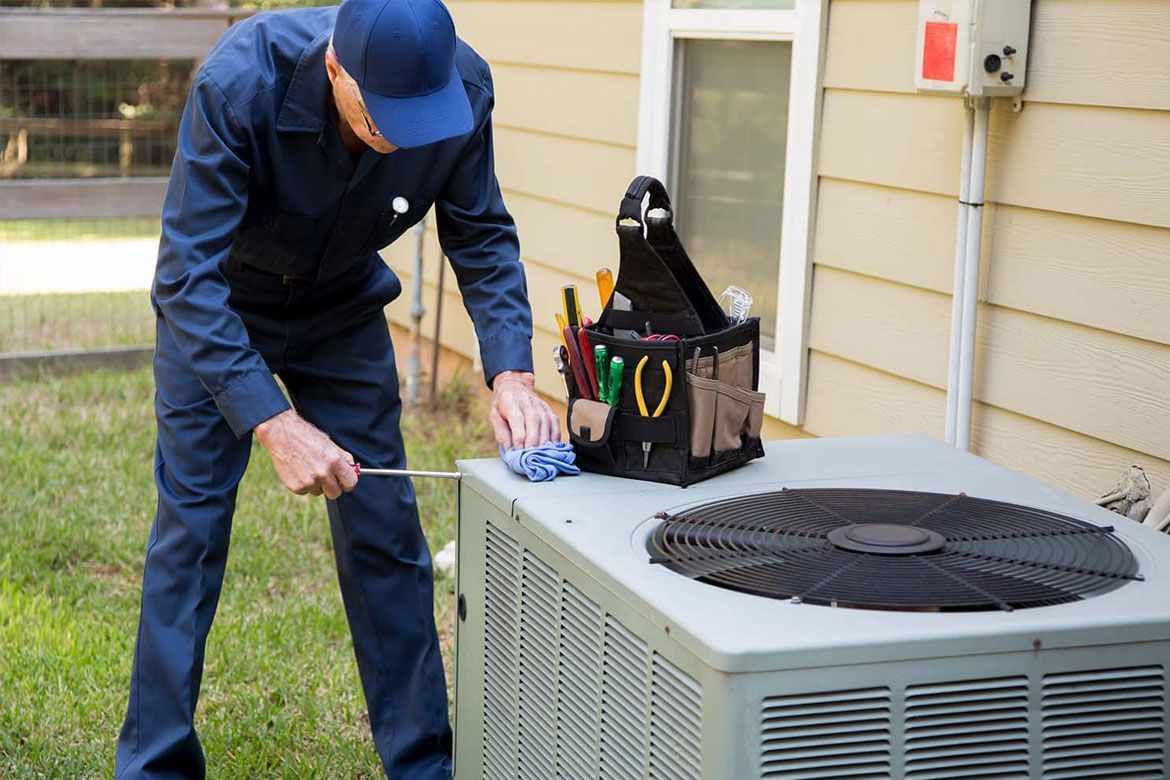
What is HVAC System Efficiency?
HVAC efficiency refers to how effectively your system converts energy (usually electricity or gas) into heating or cooling output. It’s measured using SEER (Seasonal Energy Efficiency Ratio) for air conditioners and AFUE (Annual Fuel Utilization Efficiency) for furnaces.
The higher the SEER or AFUE rating, the more efficient the system. A higher rating doesn’t just mean better performance — it means lower energy bills and reduced environmental impact.
Modern units typically start around SEER 13, but high-performance models can exceed SEER 20. An efficient HVAC system doesn’t just save money; it runs smoother, quieter, and with fewer breakdowns over time.
Why HVAC Lifespan Matters
A well-maintained HVAC system can last 15–20 years, sometimes even longer. But without proper care, it might only serve you for a decade — if that. A full system replacement can cost thousands, so extending its lifespan makes financial sense.
Regular maintenance doesn’t just prevent costly repairs. It ensures the system operates at peak performance, keeping your home comfortable year-round while avoiding energy waste.
Energy Star Certification
An Energy Star-certified HVAC system guarantees superior energy efficiency. Certified units meet rigorous guidelines set by the U.S. Environmental Protection Agency (EPA), which translates into long-term savings and environmental benefits.
These systems can be up to 15% more efficient than standard models. So, if you’re upgrading, be sure to choose a unit with the Energy Star label — it’s a smart investment.
Seasonal Maintenance Schedule
To truly maximize performance and longevity, your HVAC system needs seasonal care. Follow this simplified checklist:
Spring (Cooling Prep)
- Clean outdoor coils
- Check refrigerant levels
- Replace filters
- Test thermostat function
Fall (Heating Prep)
- Inspect heat exchanger
- Clean blower assembly
- Lubricate moving parts
- Inspect electrical connections
If you’re unsure how to complete these tasks, schedule a professional HVAC System Service.
Professional HVAC System Service
DIY maintenance has its place, but nothing beats a full-service check-up from certified HVAC professionals. They have the tools and training to spot early signs of trouble, calibrate systems, and optimize performance.
Using a trusted HVAC provider ensures your system runs at its best — especially before seasonal extremes.
Filter Replacement Best Practices
Air filters keep dust, pollen, and debris from clogging your system. But they can only do their job if changed regularly.
Best Practice:
- Replace standard filters every 1–3 months
- Upgrade to HEPA filters for better air quality
- Set reminders or use smart filters with alerts
Duct Sealing for Efficiency
Duct leaks can waste 20–30% of conditioned air, forcing your system to work overtime. That’s a big drain on efficiency and lifespan.
Sealing ducts with mastic sealant or foil tape is a simple, cost-effective solution that pays for itself through energy savings.
Insulating Ductwork
Uninsulated ducts, especially in attics or crawl spaces, lose heat (or cool) quickly. Wrapping ducts with insulation sleeves reduces thermal loss and increases system performance — especially in older homes.
Smart Thermostats and Zoning
Smart thermostats adapt to your habits, reduce energy waste, and give you remote control via mobile apps. Zoning systems take this further by heating/cooling only the rooms in use.
Both options enhance comfort and efficiency — and they’re easier to install than you might think.
Proper HVAC Sizing
Bigger isn’t always better. An oversized unit short cycles (turns on/off rapidly), which wears out components. Undersized systems run constantly, leading to strain and higher bills.
A professional load calculation ensures your system is the right size for your space and needs.
HVAC System Lifespan Factors
Several elements influence your system's durability:
- Maintenance frequency
- Quality of components
- Installation quality
- Climate conditions
- Indoor air quality
- Daily usage habits
Staying proactive with care can add years to your system’s life.
Signs of HVAC Inefficiency
Is your system whispering — or screaming — for help? Recognizing early warning signs of inefficiency can prevent costly breakdowns later on.
Watch for these red flags:
- Uneven temperatures across rooms
- Unusual noises (grinding, clanking, hissing)
- Increased energy bills despite normal usage
- Weak airflow from vents
- Short cycling or continuous running
- Excessive humidity or dryness indoors
Addressing these issues early helps your system run smoother and extends its life.
Regular Tune-Ups
Think of a tune-up as a health check for your HVAC. These checkups optimize performance and catch problems early.
A good tune-up includes:
- Inspecting and cleaning coils
- Tightening electrical connections
- Lubricating moving parts
- Checking refrigerant pressure
- Testing thermostat calibration
- Cleaning condensate drain
Experts recommend scheduling tune-ups twice a year — in the spring and fall — for best results.
Thermostat Placement Tips
Even the best thermostat can’t perform well if it’s in the wrong spot.
Avoid placing it:
- In direct sunlight
- Near heat-generating appliances
- Beside drafty windows or doors
Ideal placement:
- On an interior wall
- Away from direct airflow
- Centrally located in commonly used rooms
Correct placement ensures your system responds accurately to indoor temperatures — not misleading hot or cold zones.
Airflow Optimization
Good airflow is the silent hero of HVAC efficiency. Without it, your system struggles, leading to premature wear and tear.
Tips to improve airflow:
- Keep vents and registers unobstructed
- Vacuum dust from vents regularly
- Ensure return vents are open and clean
- Avoid closing too many vents — it increases pressure on the system
Improving airflow improves comfort, efficiency, and even air quality.
Energy-Efficient HVAC Upgrades
Sometimes, making a leap to new technology is the most efficient move.
Consider these upgrades:
- Inverter-driven compressors (for variable-speed control)
- Dual-stage furnaces
- High-SEER air conditioners
- Energy recovery ventilators (ERVs)
- Geothermal heat pumps
These upgrades often qualify for rebates and tax credits. They also slash monthly bills and deliver more consistent comfort.
Refrigerant Levels
Too much or too little refrigerant? Both are problematic.
Symptoms of low refrigerant:
- Warm air from vents
- Ice forming on evaporator coils
- Hissing or bubbling sounds
Incorrect refrigerant levels force your system to overwork and underdeliver. It’s a job best left to licensed professionals.
HVAC System Cleaning
Dust, dirt, and debris aren’t just eyesores — they’re HVAC enemies.
Clean these areas regularly:
- Outdoor condenser coils
- Indoor blower fans
- Evaporator coils
- Condensate pans and drains
A clean system is a happy system — and a more efficient one.
Avoiding Short Cycling
Short cycling happens when your system turns on and off too frequently. It wears out components and wastes energy.
Causes include:
- Oversized system
- Thermostat issues
- Clogged filters
- Dirty coils
Fixing short cycling improves comfort and extends system life. A proper diagnosis is key.
Ceiling Fans and Airflow
Ceiling fans help spread conditioned air more evenly — and reduce HVAC load.
Tips:
- Use clockwise rotation in winter to circulate warm air
- Use counterclockwise in summer to create a cooling breeze
- Turn fans off when no one’s in the room to save energy
Even small changes like this can significantly impact overall efficiency.
Humidity Control
Humidity affects how warm or cool you feel. It also impacts your HVAC system’s workload.
Solutions include:
- Whole-house humidifiers in winter
- Dehumidifiers in summer
- Proper ventilation in high-humidity areas (kitchens, bathrooms)
Ideal indoor humidity:
30%–50%
Balanced humidity improves comfort, preserves home materials, and keeps your HVAC system happy.
Home Insulation and HVAC
A well-insulated home supports your HVAC system by reducing heat transfer. It keeps warm air in during winter and cool air in during summer.
Key areas to insulate:
- Attic
- Exterior walls
- Crawl spaces
- Floors above unconditioned spaces
Better insulation equals less HVAC strain, leading to longer equipment life and lower bills.
Window Sealing and Treatments
Your windows could be costing you more than you think.
Upgrade with:
- Weather stripping
- Caulking
- Double- or triple-pane glass
- Thermal window treatments or blackout curtains
Sealing and insulating your windows takes pressure off your HVAC, especially in extreme temperatures.
Smart HVAC Monitoring Tools
Internet of Things (IoT) devices can monitor and diagnose your system in real time.
Examples:
- Leak detectors
- Smart vents
- Predictive maintenance sensors
- Usage tracking dashboards
These tools offer alerts and insights, helping you address issues before they become costly problems.
Common Mistakes That Kill Efficiency
Many homeowners unknowingly sabotage their HVAC systems.
Avoid these pitfalls:
- Forgetting to change air filters
- Blocking return vents with furniture
- Closing too many supply vents
- Ignoring maintenance schedules
- DIY repairs without proper knowledge
Education and awareness are key. The more you know, the longer your system will thrive.
Green HVAC Systems
Going green? Modern technology offers sustainable HVAC solutions.
Eco-friendly options:
- Geothermal heating and cooling
- Solar-assisted HVAC units
- Radiant floor systems
- High-efficiency heat pumps
These reduce your carbon footprint while keeping your home comfortable and energy costs low.
Benefits of HVAC Maintenance Plans
An annual maintenance plan may include:
- Priority service
- Discounted repairs
- Biannual tune-ups
- Extended warranties
It’s peace of mind that often pays for itself in prevented repairs and extended equipment life.
DIY vs. Professional Maintenance
DIY you can do:
- Replace filters
- Clean vents
- Adjust thermostat settings
Leave to professionals:
- Electrical inspections
- Refrigerant handling
- Coil cleaning
- Duct sealing
Knowing your limits keeps you safe and protects your investment.
HVAC Troubleshooting Tips
Some quick fixes before calling in the pros:
Issue: HVAC won’t turn on
Check: Thermostat batteries, circuit breaker
Issue: Air feels stale
Check: Filters, open vents
Issue: Noise or rattling
Check: Loose panels, debris in unit
Still no luck? Contact an HVAC specialist for help.
End-of-Life Signs
When is it time to say goodbye?
Signs your system is on its last legs:
- Frequent, expensive repairs
- Constant short cycling
- Rising utility bills
- System is over 15–20 years old
Don’t sink money into a system past its prime. Consider upgrading to a newer, more efficient model.
Choosing a Reliable HVAC Service Provider
What to look for:
- Licensed and insured technicians
- Transparent pricing
- Customer testimonials
- Emergency availability
- Experience with your system type
For a dependable and experienced provider, check out this HVAC System Service.
How to Contact a Trusted HVAC Expert
Need a tune-up, installation, or emergency repair?
Contact ETEC Air to schedule a service. Their certified technicians will ensure your system is running efficiently and effectively — all year round.
FAQs
How often should I service my HVAC system?
Twice a year is ideal — once in spring and again in fall — to prepare for peak heating and cooling seasons.
What’s the average lifespan of an HVAC system?
Most systems last 15–20 years with proper care. Without maintenance, that number drops significantly.
Can I do HVAC maintenance myself?
You can replace filters, clean vents, and check your thermostat. For deeper inspections, call a professional.
Is a smart thermostat worth it?
Absolutely. It can cut energy costs by 10–15% and improve comfort through automation.
What’s the most common HVAC problem?
Dirty filters. They reduce airflow, overwork your system, and increase energy usage.
When should I replace my HVAC system?
If repairs are frequent, bills are rising, and the system is over 15 years old — replacement is likely more economical.
Conclusion
Taking a proactive approach to HVAC maintenance isn’t just good sense — it’s essential. From sealing ducts to scheduling professional service, every action you take to improve efficiency today means fewer problems tomorrow.
By implementing even a few of the strategies outlined here, you’ll enjoy better performance, lower bills, and a longer-lasting HVAC system. Don’t wait for a breakdown. Optimize your comfort, protect your investment, and stay ahead of the curve.
If you’re unsure where to start, reach out to the experts for a professional HVAC System Service or Contact them directly.
Links:
